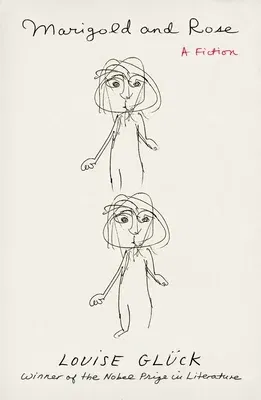Marigold and Rose is a magical and incandescent fiction from the
Nobel laureate Louise Glück.
"Marigold was absorbed in her book; she had gotten as far as the V." So
begins Marigold and Rose, Louise Glück's astonishing chronicle of the
first year in the life of twin girls. Imagine a fairy tale that is also
a multigenerational saga; a piece for two hands that is also a symphony;
a poem that is also, in the spirit of Kafka's The Metamorphosis, an
incandescent act of autobiography.
Here are the elements you'd expect to find in a story of infant twins:
Father and Mother, Grandmother and Other Grandmother, bath time and
naptime--but more than that, Marigold and Rose is an investigation of
the great mystery of language and of time itself, of what is and what
has been and what will be. "Outside the playpen there were day and
night. What did they add up to? Time was what they added up to. Rain
arrived, then snow." The twins learn to climb stairs, they regard each
other like criminals through the bars of their cribs, they begin to
speak. "It was evening. Rose was smiling placidly in the bathtub playing
with the squirting elephant, which, according to Mother, represented
patience, strength, loyalty and wisdom. How does she do it, Marigold
thought, knowing what we know."
Simultaneously sad and funny, and shot through with a sense of stoic
wonder, this small miracle of a book, following thirteen books of poetry
and two collections of essays, is unlike anything Glück has written,
while at the same time it is inevitable, transcendent.

